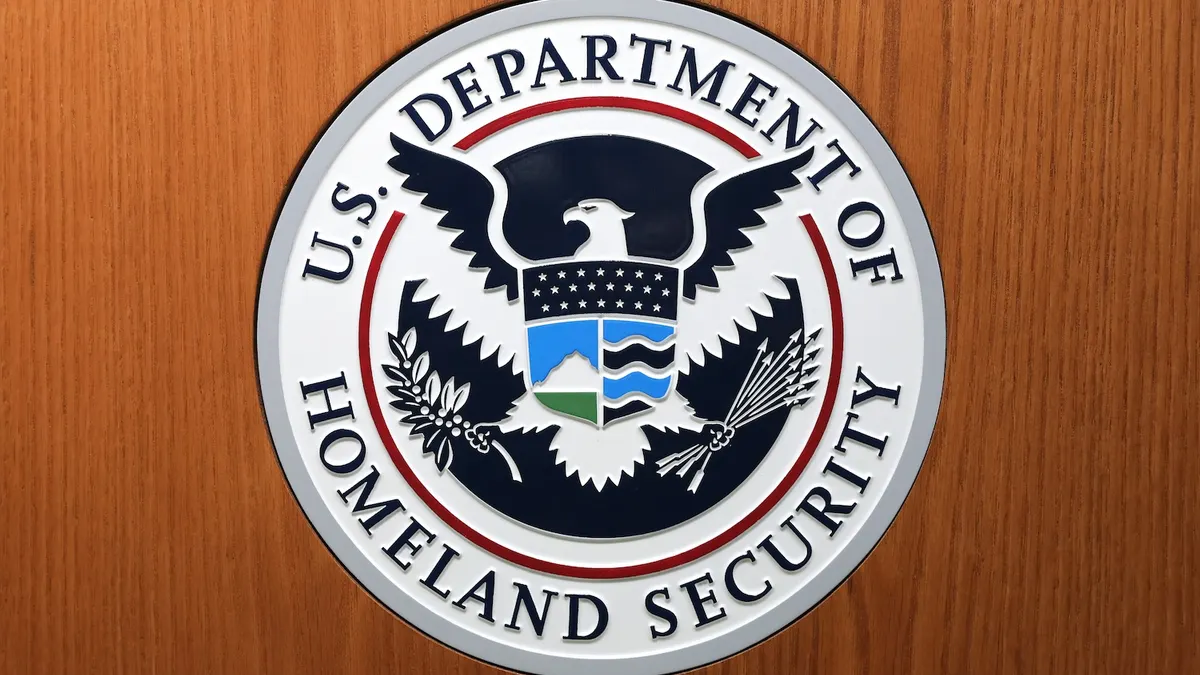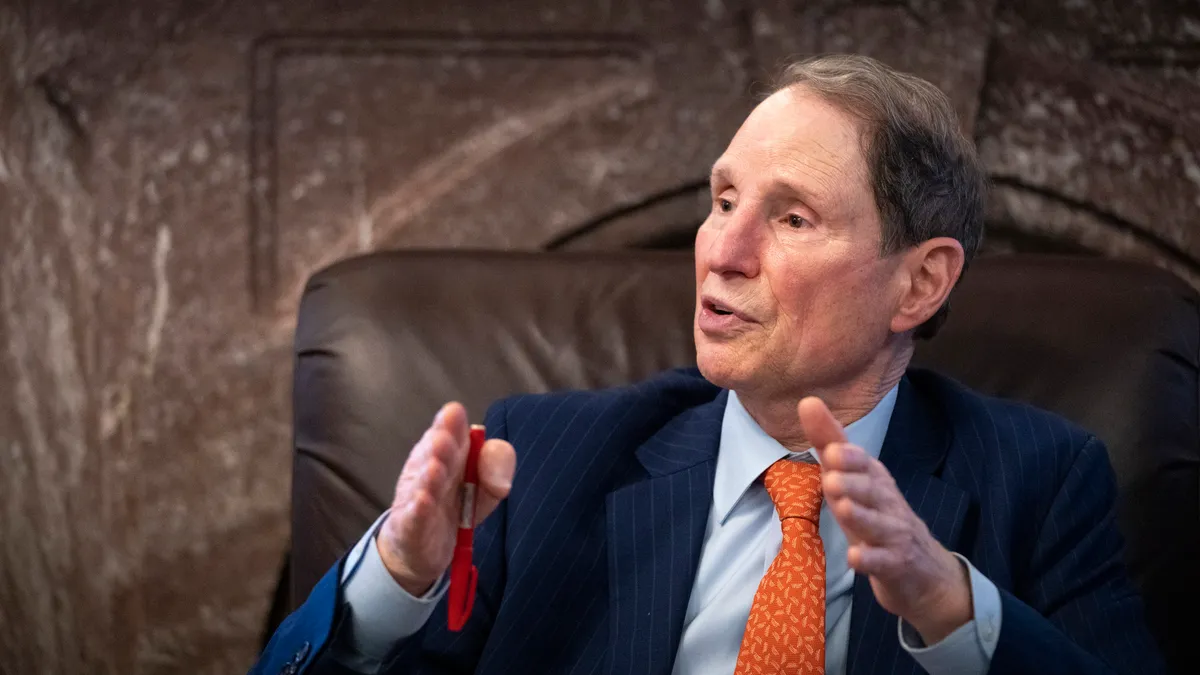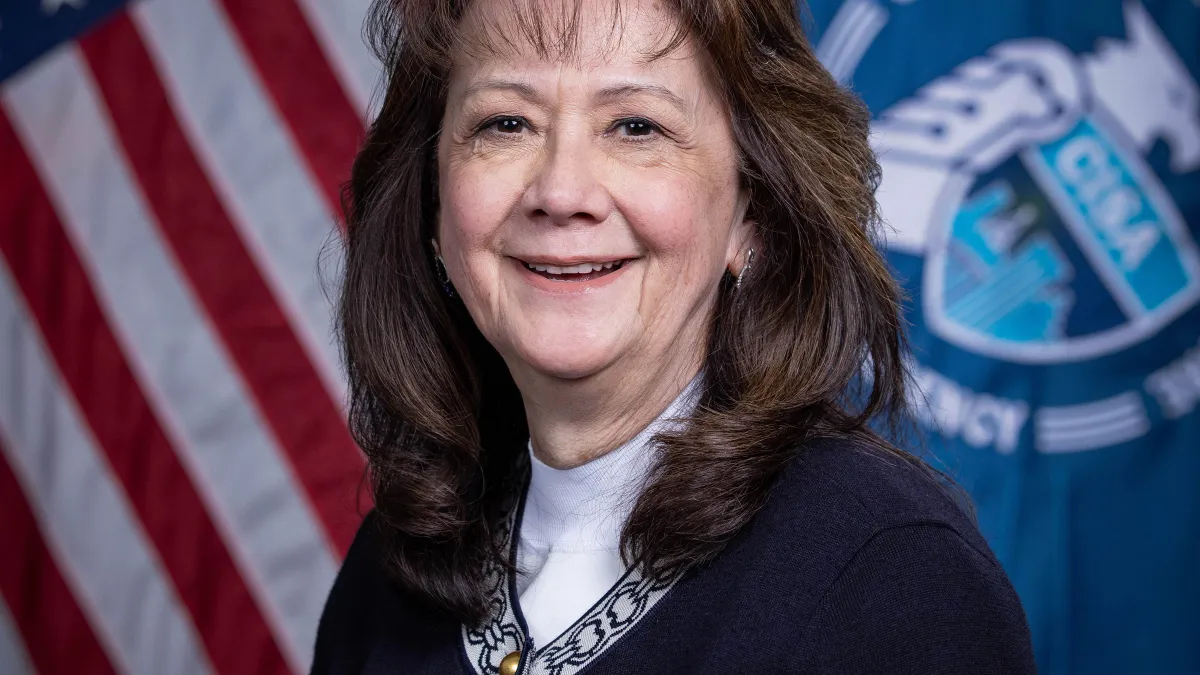For better and for worse, best practices for celebrating Juneteenth at work are top of mind.
In 2021, many employers attempted to make good on previous promises of antiracism and cultural inclusion by making this holiday celebrating slavery’s abolition a paid day off — see Workday, Twitter, Uber and Lyft — even before President Joe Biden made Juneteenth a federal holiday on June 18 last year. African Americans have been celebrating the holiday since June 19, 1865, when Union soldiers belatedly arrived in Galveston, Texas to let Black residents of Texas know they were no longer enslaved.
As non-Black Americans start to embrace Juneteenth, companies are looking for ways to celebrate that don’t cause harm or outrage (read: a pint of red velvet ice cream and a paltry striped napkin set).
Cracking down on cultural appropriation and investing in company-wide education around racial inequity can create a solid foundation. But DEI leads can keep the spirit of Juneteenth alive, year-round, by examining and auditing current talent acquisition practices for racial equity, experts told HR Dive.
“Juneteenth should be about educating and supporting, and making sure that you are part of the progress, because there's still so much work to be done,” Kimberly Lee Minor, Bandier’s chief commercial officer and president, told HR Dive in an interview. “And making sure that people of color — Black people, specifically — are represented across the ranks in whatever industry we're in.”
Representation matters. So does tact.
For example, like many fashion retail companies, Minor said, Bandier greatly lacked diversity when she joined 18 months prior. Leadership tapped Minor to speak with leaders about Juneteenth and fill in cultural gaps. Because of the antiracism conversations that were kindled two years ago, more little-known Black history came to light. Those who did know, Minor said, didn’t gain that knowledge from K-12 social studies classes. That history lesson came from Black parents or was unearthed in college. Building on the work of summer 2020, Minor’s goals aren’t just about making Bandier more multicultural. She also wants her workplace to be supportive of its growing, diverse community.
Along with giving employees the day off, Minor said the athleisure brand celebrates mainly in how HR builds out its team. She juxtaposes this approach against Walmart’s Juneteenth recent controversy.
“Retailers can be the worst. I've been in this industry for so long. They can just be the worst because they see a marketing or merchandising opportunity at every turn,” Minor said of the ice cream debacle.
“It's not like every Black person on the 19th of June has a cookout — like I've never been to a Juneteenth cookout. I've been to cultural celebrations,” she said. “What would make you think that you should make money off of those people who are celebrating their legal freedom?”
Equity is a year-round commitment
Malia Lazu, a lecturer in Technological Innovation, Entrepreneurship, and Strategic Management at MIT’s Sloan School of Management, said that Juneteenth is “becoming a tentpole for corporations to market their equity missions to a Black audience.” While the ice cream was laugh-worthy, she explained over the phone to HR Dive, it’s indicative of a Juneteenth growing pain: with more awareness of the holiday comes more performative allyship.
“If anyone had asked Black people how they would like corporations to respond, I don't think a Juneteenth holiday would have been the first thing,” she continued. Now, from her perspective, Black people are forced to operate within and around that framework. “Juneteenth doesn't help corporations take diverse hiring slates more seriously,” Lazu continued. “The Juneteenth holiday doesn't provide a third party outside audit of DEI efforts.”
Throughout her conversation with HR Dive, Minor expressed her belief that companies should seek to make their Juneteenth acknowledgements more expansive. “It's not just on June 19. Great, it's a national holiday,” she said dryly. “So you'll give your employees a day off. But make a commitment to it every day.”
Lazu also echoed Minor, emphasizing that companies should continue to have historical discussions around the holiday’s origins and give people a day off. “But really do something structural and make that the day you move the needle around DEI in your company. Because Juneteenth is a really sacred holiday for a lot of Black people. It’s what we did for our freedom.”




















